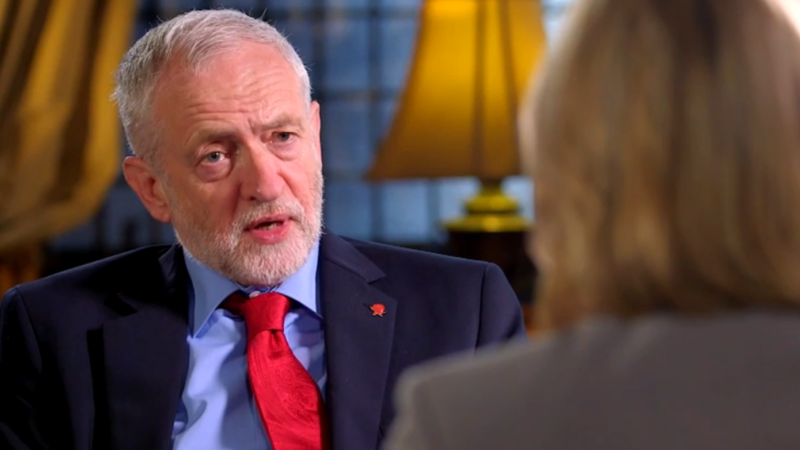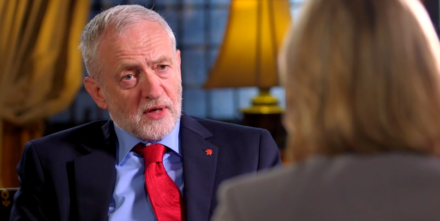

Labour has lost the last three general elections despite years of austerity biting many people. Yet, there’s one remarkable thing about the red party: it’s currently the strongest progressive organisation in Europe. The last centre-left party to obtain 40 per cent of the national vote was Matteo Renzi’s Democratic Party (PD) at the 2014 European parliamentary election.
In a few months’ time, however, when the next general election in Italy is due, PD will be lucky if it gets to 30 per cent – the latest poll puts them at a declining 26 per cent, with populist and UKIP ally Five Star and a Silvio Berlusconi-led centre-right coalition on the up.
Over the past two years, chunks of the party’s hard left have gradually broken off to found splinter outfits. With the new electoral system, these are unlikely to enter Rome’s Montecitorio. The Italian progressive vote, united in its opposition to populism and numerically somehow still in the majority, is tragically divided and thus unable to win.
This kind of scenario is to be found elsewhere too – in Spain, Germany and France. Each with its own peculiarities and foibles, of course. Repercussions are manyfold. The current Catalan crisis can partly be traced back to the puniness of the Spanish Socialist party and the lack of leadership skills shown over time by Pedro Sanchez (the least representative leader ever in terms of party members’ support). An unsympathetic conservative party in Madrid, which fought tooth and nail and won against the new 2006 devolution for Catalonia, could not be unsaddled despite having minimal support.
This is what happens when party policy mistakenly goes for real prima donnas as leaders without giving the grassroots enough of a say.
The German Social Democrats’ Martin Schulz – a former president of the EU parliament who never spoke out against Jean-Claude Juncker’s role in Luxembourg’s long-lasting fiscal dumping practices – is another example of a failing leader imposed from above. His party’s best hope is to garner new strength from its unusual opposition role after years on end of coalition government participation as a secondary party. Imagine Labour playing second fiddle à la Nick Clegg under a David Cameron government, but for three consecutive mandates instead – it’d be torn to shreds by now. And UKIP would have dozens of MPs.
The route Labour has chosen and the way it has kept in command its latest chief appears to be more sophisticated. Jeremy Corbyn has proved principled in his own beliefs as well as open to others’ arguments. Tactically, he has shown where and when a balance had to be struck; it’s as if he’s been able to eschew the aggressive and divisive language used by others with the added bonus of appearing to know better than to get involved in the ephemeral scuffle of the day.
Corbyn’s best trait is his unshakeable focus on the bigger ideas such as the re-nationalisation of Britain’s railway companies; a much greater role for manufacturing; and more power to trade unions.
His ability to avoid bombastic language like that used by Leavers on money and migrants has rounded off his profile in the best of ways. This is light years away from the language employed by Renzi, for example: a bullying party leader with a swagger doesn’t last long within the left. It comes down to personality as well. Millions cast their vote emotionally as well as rationally. This, I believe, is the one underlying trait uniting progressives everywhere: no braggarts at the helm for too long, nearly without exception.
But these are very strange times as well. The 40 per cent of the vote Labour garnered in the last electoral contest has also to do with the way Brexit was handled by the government. Many were not happy. The surge in the Labour vote was fuelled by people who either returned to Labour or who voted Labour for the first time, who came from the centre, looking for grounded politicians using sincere language.
The Leave campaign is widely known – in Europe too – for having been bolstered by shameless lies. The visceral need now for even-tempered characters is fully understandable. Only Boris Johnson seems not to have understood this with his recent insistence on the truth of the £350m a week statement. Anybody else knows this line is not worth pursuing.
Corbyn’s style is right at the other end and enjoys growing support. The Labour leader is also clever enough to show respect to all new and old voters. He doesn’t use the language deployed by fringes of the left (the notion of “far-left” seems to have disappeared in today’s language). In this sense, you can see a terrific prime minister in the making, with natural gravitas, and no time for sectarian thoughts.
Of course, only time will tell how much of the Tory electoral advantage still needs to be eroded. At the next election there will be a shrunken home-ownership, the same insecure work and unchallenged stagnant wage growth: the ideal conditions for a thriving left to finally take power, and firmly so, on the proviso it accepts that inner-party negotiations are the lifeblood of any large organisation.
That said, it also seems that education and views on Brexit are now better predictors of voting intention. Class matters, there’s no denying it, but not as much as in the past. The landscape is new and complex.
In an age when strands of the resurgent left think everyone from moderate social democrats to unbridled free-marketeers can be lumped together under a “neo-liberal” or “centrist” label, the need for a wise party leader with marked bridging qualities is the essential requirement for a successful progressive government.
The alternative is to nose-dive in the polls again. But Labour can do so much better than that and continue to inspire its European counterparts. It would be a first: the British centre-left finally at the very top of Europe’s social democracy (Tony Blair and company never really got there), just when it’s about to leave Strasbourg. An international flagship of sorts.
Antonio Gramsci and his intellectual heir Enrico Berlinguer, the leader of the strongest communist party in western Europe ever, would give it the thumbs up. The latter died around the time Corbyn entered Westminster. Bridging and continuity have never been more important since then; it’s about remaining principled but staying open. We have just seen what divisiveness in pursuit of purity leads to – looking pretty but proving inconclusive.
Alessio Colonnelli has written for publications including The Independent, the International Business Times and Open Democracy.




More from LabourList
‘Turning public services around: Haringey’s story of child protection’
‘Can Labour turn the green tide back to red?’
Tom Belger column: ‘Why is Labour making migrant exploitation easier?’